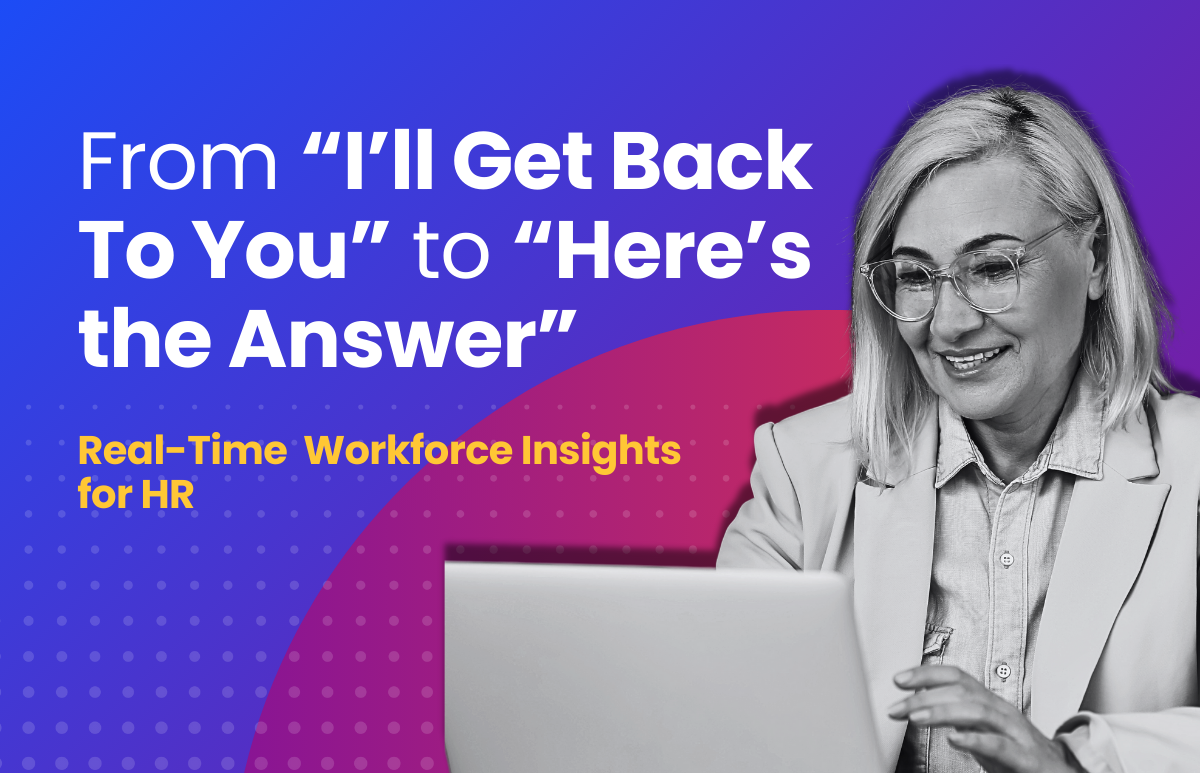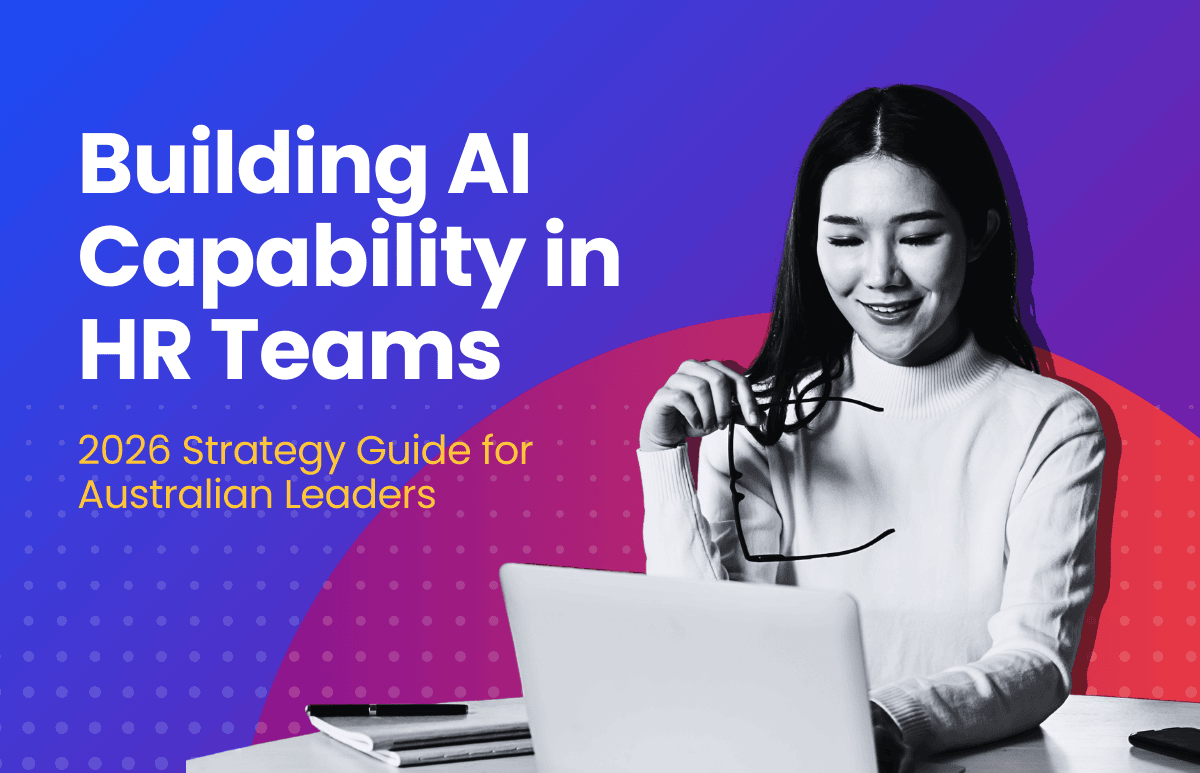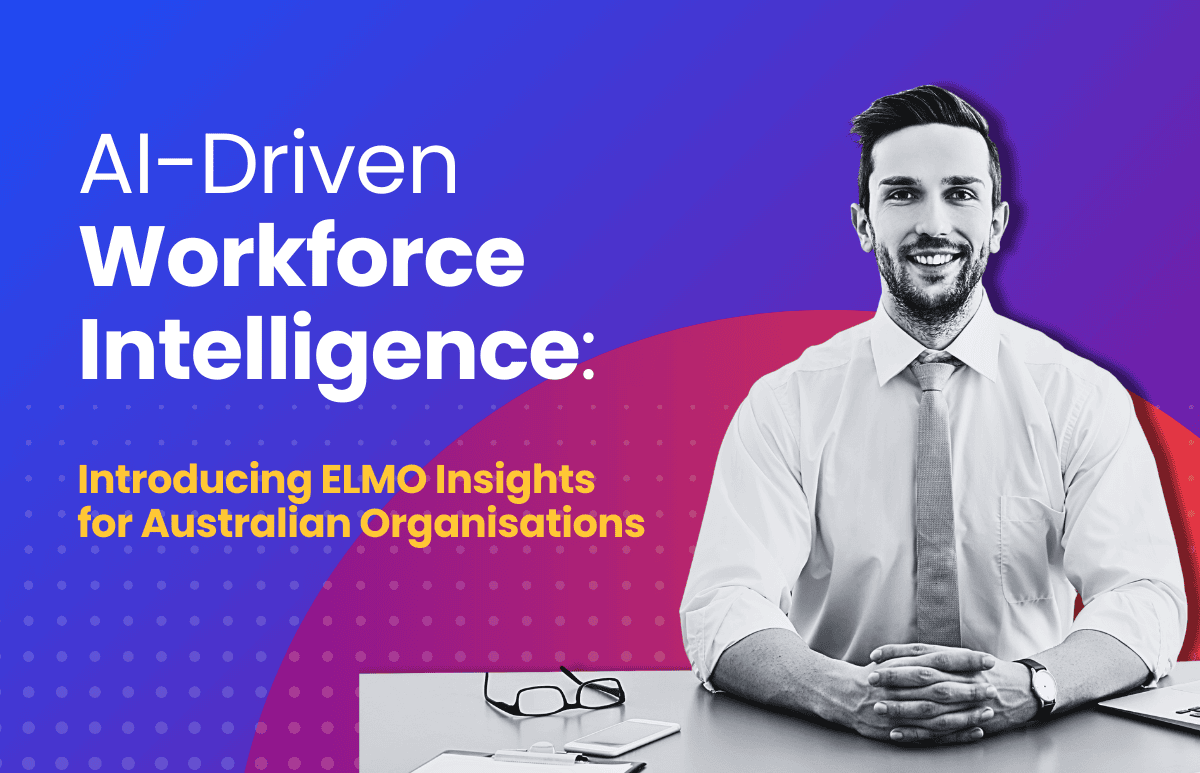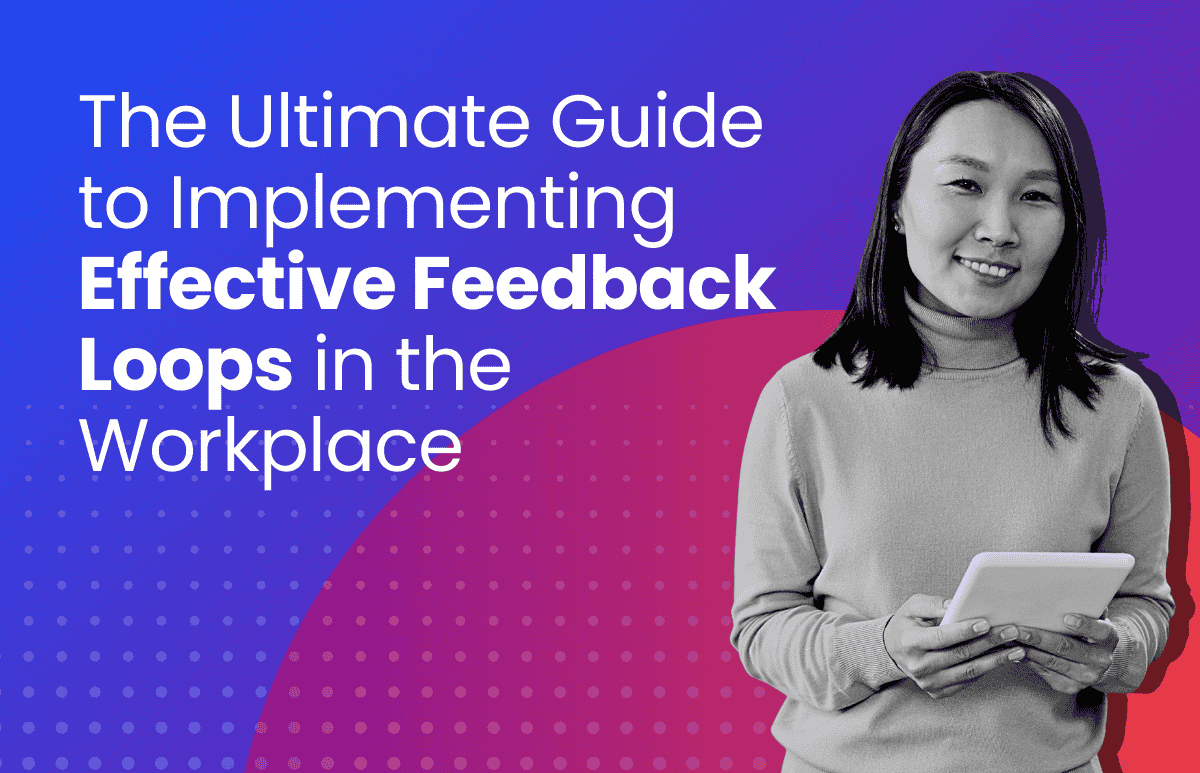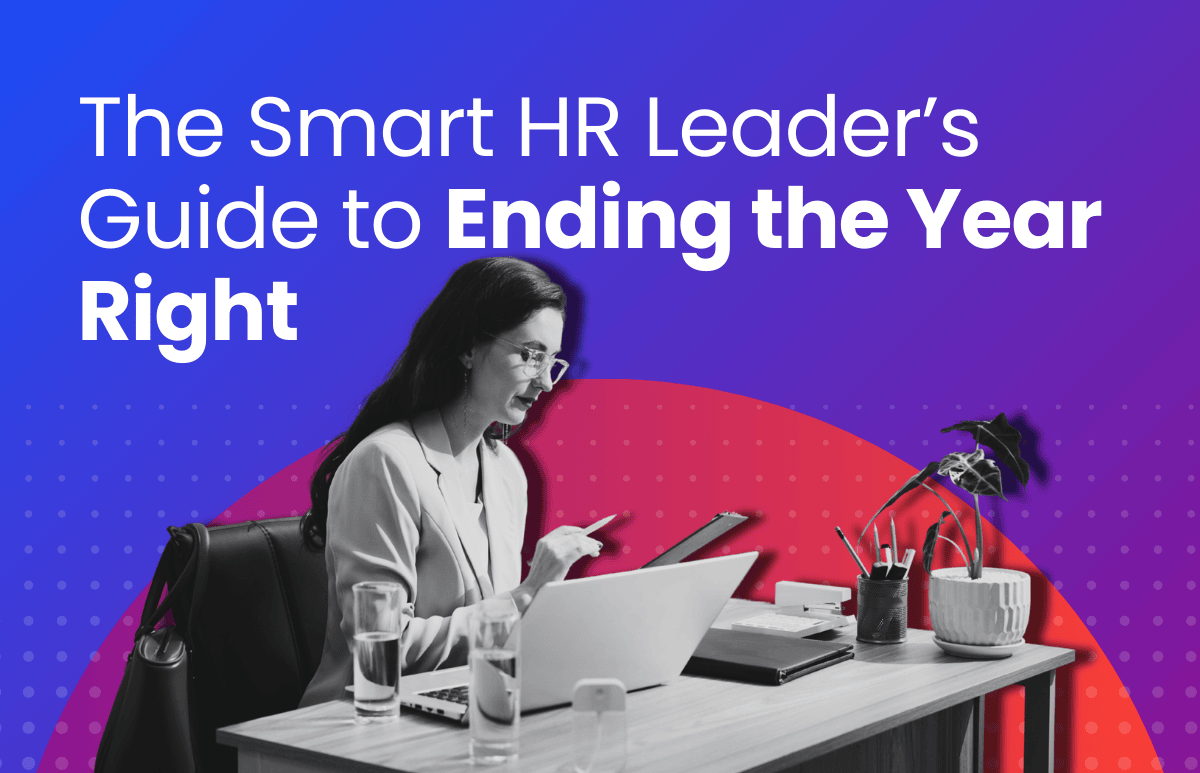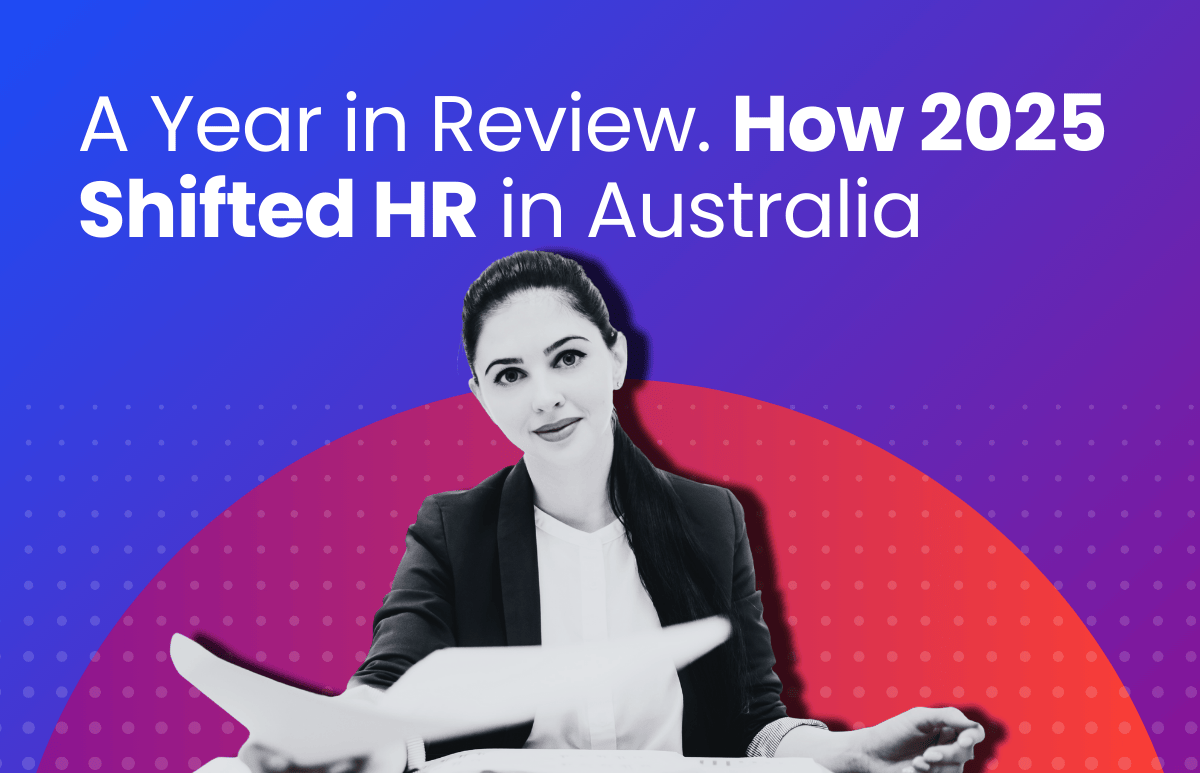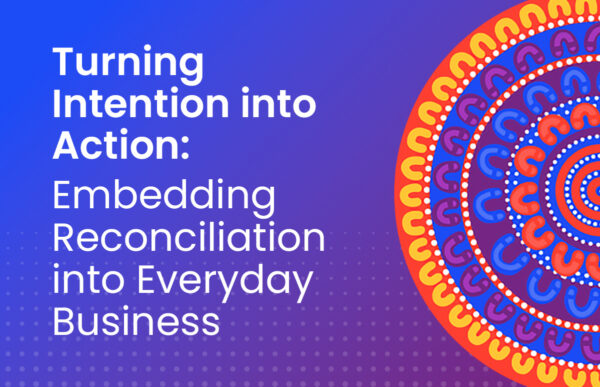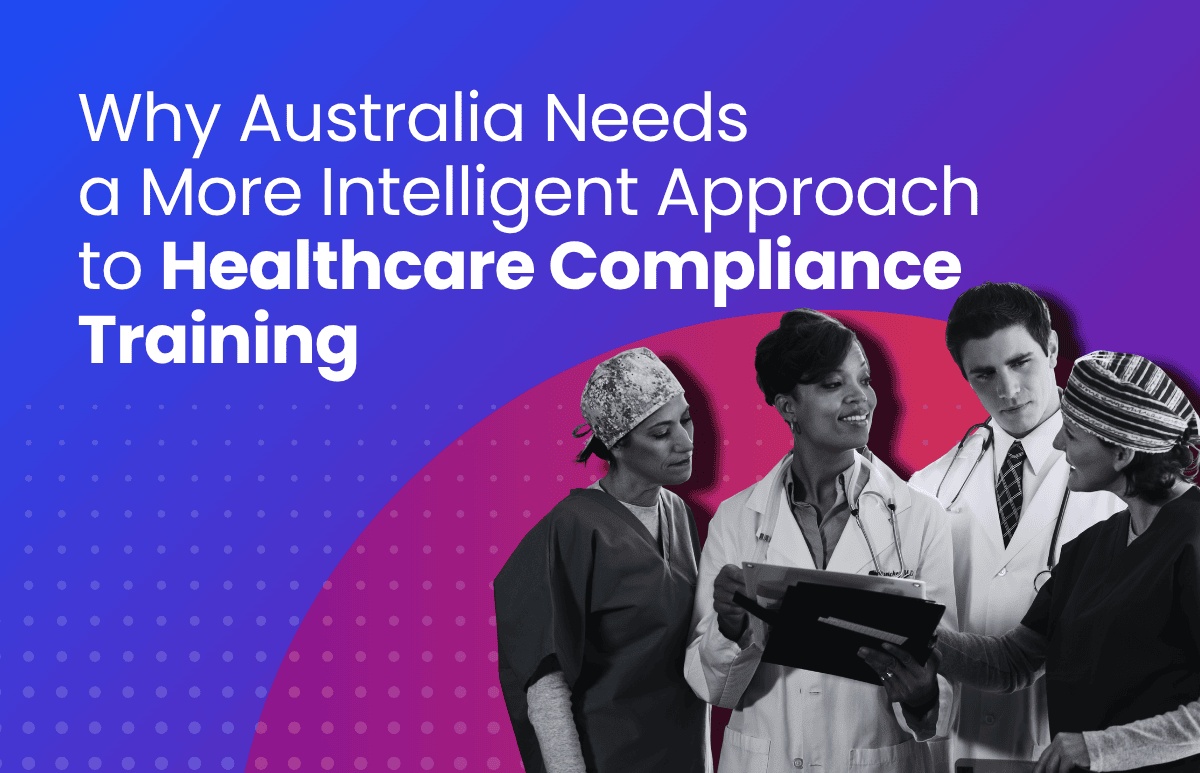Navigating The Future of Work: 4 Key Insights from Industry Experts
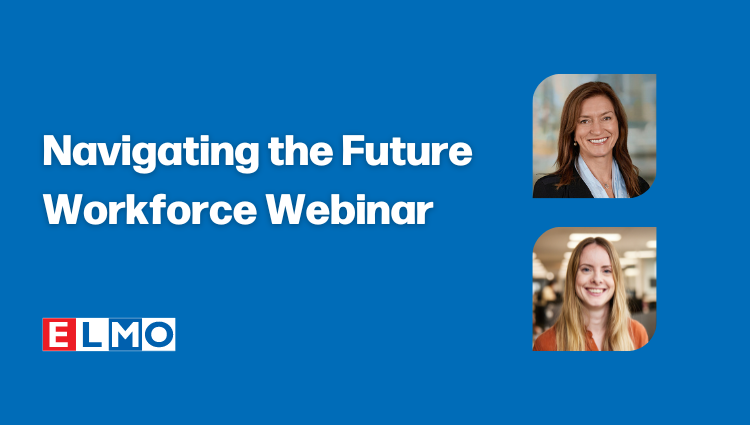
Are you prepared for the future of work where economic uncertainty, evolving technology, and employee wellbeing all vie for your attention?
Navigating our post-pandemic world of work brings its unique challenges, with employees voicing increasing insecurity about the economy and the highly competitive job market. Today, more than ever, it’s imperative to understand and address these concerns head-on while strategically advancing your organisation’s goals.
That was the topic of conversation in a recent webinar hosted by ELMO Software and PwC. ELMO’s Research & Insights Lead Jess Bell joined Emma Hardy, Partner at PwC’s HR Operations Advisory to share insights and trends from two recent reports. They shared data from ELMO’s Employee Sentiment Index and PwC’s Global Workforce Hopes & Fears Survey.
The wide-ranging discussion touched on how to manage financial stresses impacting staff wellbeing, leverage AI as a positive force within the workplace, and drive productivity through effective job design and empathetic employee engagement.
In this blog post, we share four key takeaways.
1. Widening job insecurity
Heightened economic instability is amplifying employees’ apprehensions about their job security and their financial wellbeing. “In Q2, between April and June this year, we saw an all-time high of perceived insecurity across all four categories that we asked about – industry, organisation, job, and economic security,” said Jess Bell.
This trend was particularly strong among younger workers who were more likely to feel their job and industry were insecure than older workers. But reversing the age trend, older workers (Baby Boomers) were most likely to say the economy was insecure.
The inclination towards job switching is also increasing, particularly among younger workers. A record-high number of people said they were actively looking for a new role in a new company. However, the number who had started a new job in that quarter remained consistent, indicating some “wishful thinking” among survey respondents.
2. Financial struggles are impacting wellbeing
“We are seeing financial hardships increase. As our research has found, 14% of employees globally are struggling to pay the bills each month,” said Emma Hardy.
For many employees, the rising cost of living has made it difficult to make ends meet, negatively impacting their mental and physical health.
It’s critical that organisations identify and confront the financial stress burdening their employees. Many businesses have introduced initiatives to support their staff, such as additional benefits and discount programs, financial literacy sessions, and free access to Employee Assistance Programs (EAP).
3. Positive sentiment towards AI and technology
While automation fears persist, the larger cohort of employees embrace AI and novel technologies.
Effective change management and skills enhancement can position AI as an ally bolstering human competence, not replacing it.
“Workers are not afraid of AI. I think often we can generalise and look at AI as a threat and a bad thing,” Emma said.
“But despite the talk of job losses associated with AI, respondents from our survey are actually citing the positive impacts of AI more frequently than the negative ones.
“One of the most popular sentiments being, as you’ve found in your research as well, that AI will help me increase my productivity or efficiency at work. 27% of respondents said that AI will create opportunities for them to learn new skills. So again, for many employees it’s about developing future fit skills.”
4. Echoing calls for wellbeing and job design efficiency
One theme stood out in particular during the session and that was the need for effective job design. In many businesses unrealistic workloads and unclear job descriptions are causing employees to burnout, become demotivated, and quit.
And with a focus on productivity and doing more with less, there’s a significant risk for businesses if they don’t get the fundamentals right.
Employers were urged to prioritise employee health, fine-tune job roles, and foster an open dialogue with employees to spur productivity.
“Productivity is a huge topic and there’s all sorts of ways that we can think about measuring productivity and some are more effective than others.
“But I think the bottom line is you can’t have a productive workforce if you don’t have a well workforce,” Emma said.
In summary, the future of work is reliant on how organisations can support their employees in times of change
A clear focus on wellbeing, meaningful work experiences, and transparent communication are essential to foster a healthy, thriving workplace.
If you’ve enjoyed this content and want to see more like it, subscribe to our newsletter for first-look access to our free research, blogs and resources.
 HR Core
HR Core 